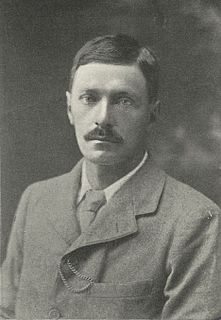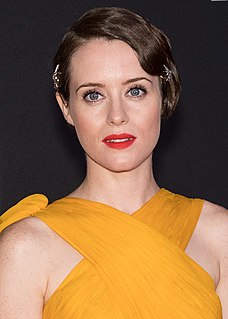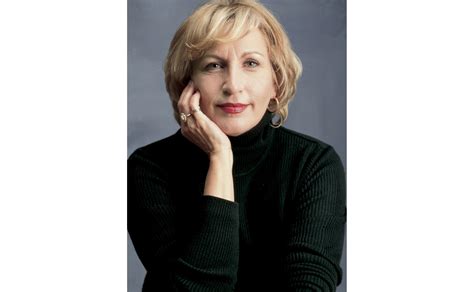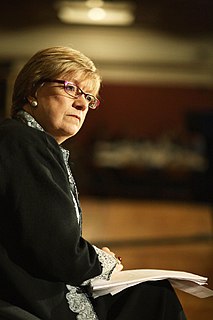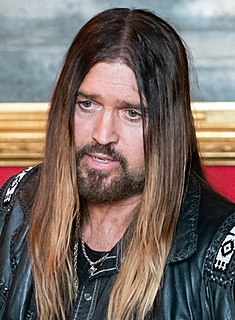A Quote by E. F. Benson
Queen Victoria was a woman of peerless common sense; her common sense, which is a rare gift at any time, amounted to genius. She had been brought up by her mother with the utmost simplicity, and she retained it to the end, and conducted her public and private life alike by that infallible guide.
Related Quotes
She felt a stealing sense of fatigue as she walked; the sparkle had died out of her, and the taste of life was stale on her lips. She hardly knew what she had been seeking, or why the failure to find it had so blotted the light from her sky: she was only aware of a vague sense of failure, of an inner isolation deeper than the loneliness about her.
The wide world was changing, and she wanted a different place in it. Not just wanted, but felt she deserved. If the world didn't owe her a living, as her mother repeatedly warned her, it owed her a break. She had a strong sense that a better, more exciting, more rewarding life than that which had been the lot of her parents and grandparents was hers by right. In this she was guilty of nothing more serious than the arrogance of youth, from which every generation suffers and by which it distinguishes itself from the preceding one.
My mother ... had a very deep inner spirituality that allowed her to rebuild her life. It's extraordinary that she had such a strong sense of self and such a commitment to the future and such a strong creative sense that she could build new worlds for herself and for us out of the total devastation in her life.
Occasionally, on screen, Barbara [Stanwyck] had a wary, watchful quality about her that I've noticed in other people who had bad childhoods; they tend to keep an eye on life because they don't think it can be trusted. After her mother was killed by a streetcar, she had been raised in Brooklyn by her sisters, and from things she said, I believe she had been abused as a child. She had lived an entirely different life than mine, that's for sure, which is one reason I found her so fascinating. I think her early life was one reason she had such authenticity as an actress, and as a person.
Even after the age of 50 it was impossible for me to see my mother as a human being. I felt she was a monster, and she had subtly been influencing my behavior and my thoughts and my dreams for so long that she was kind of a monster; she was a demon. And when I brought her back to life, I could feel that malevolent presence around me again, that woman who was totally incapable of giving nurturing to anybody, and, you know, her selfishness and her withdrawn indifference to everything but her own needs.
From the first time he'd met her, he'd sensed an air of contradiction about her. She was very much a woman, but still retained a waiflike quality. She could be brash, and at times deliberately suggestive, yet she was painfully shy. She was incredibly easy to get along with, yet she had few friends. She was a talented artist in her own right, but so self-conscious about her work that she rarely completed a piece and preferred to work with other people's art and ideas.
The Winter Woman is as wild as a blizzard, as fresh as new snow. While some see her as cold, she has a fiery heart under that ice-queen exterior. She likes the stark simplicity of Japanese art and the daring complexity of Russian literature. She prefers sharp to flowing lines, brooding to pouting, and rock and roll to country and western. Her drink is vodka, her car is German, her analgesic is Advil. The Winter Woman likes her men weak and her coffee strong. She is prone to anemia, hysteria, and suicide.
Her life was beginning to make sense again, although she couldn’t say she was enjoying it. But her mind was clear, and her heart was not constantly as heavy. Only when she thought about him. But she knew that in time, she’d survive it. She had done it before and would again. Eventually the heart repairs.
I'm pretty laidback as a dad anyway. I just trust her so much. She has a great head on her shoulders and she makes pretty good decisions most of the time. She even has enough common sense that if she makes a bad one she makes adjustments and knows that's what life is. It's a day-by-day, step-by-step journey through life, as she says in the movie.
